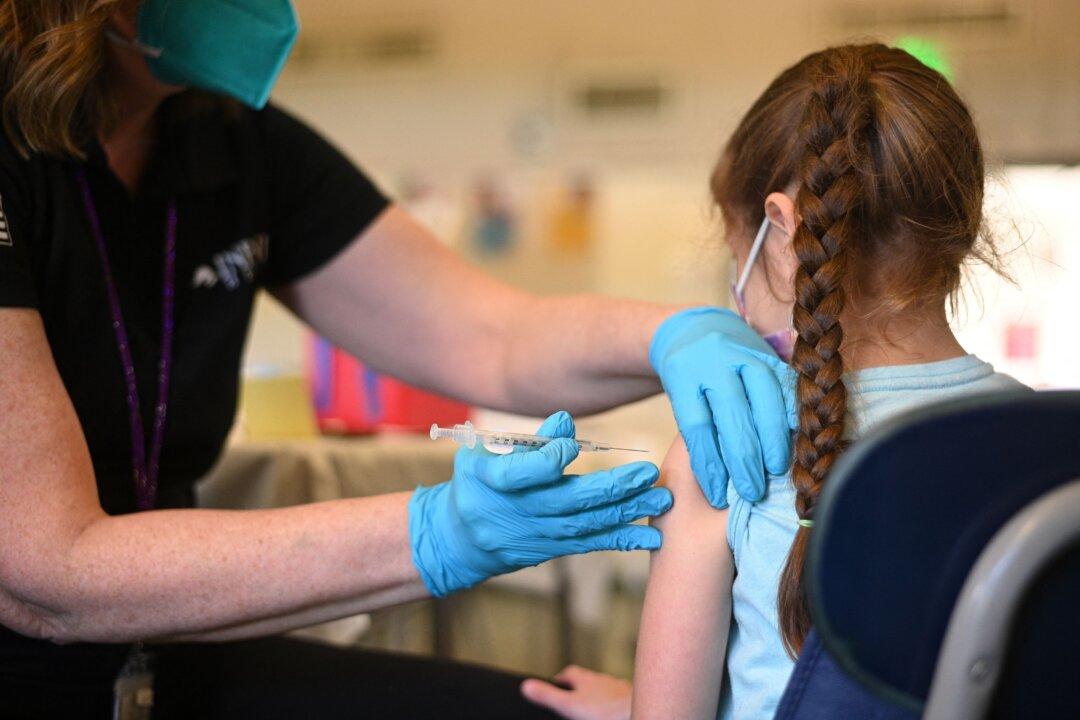For parents who are contemplating whether their child should receive a COVID-19 vaccine, Dr. Joseph Fraiman, an emergency medicine physician, says they should ask the following two questions to help them decide.
“The first thing that you want to do for harm/benefit analysis [is to ask], is there a mortality benefit for these vaccines for your child,” Fraiman said at a roundtable discussion hosted by Republican Gov. Ron DeSantis on March 7.






